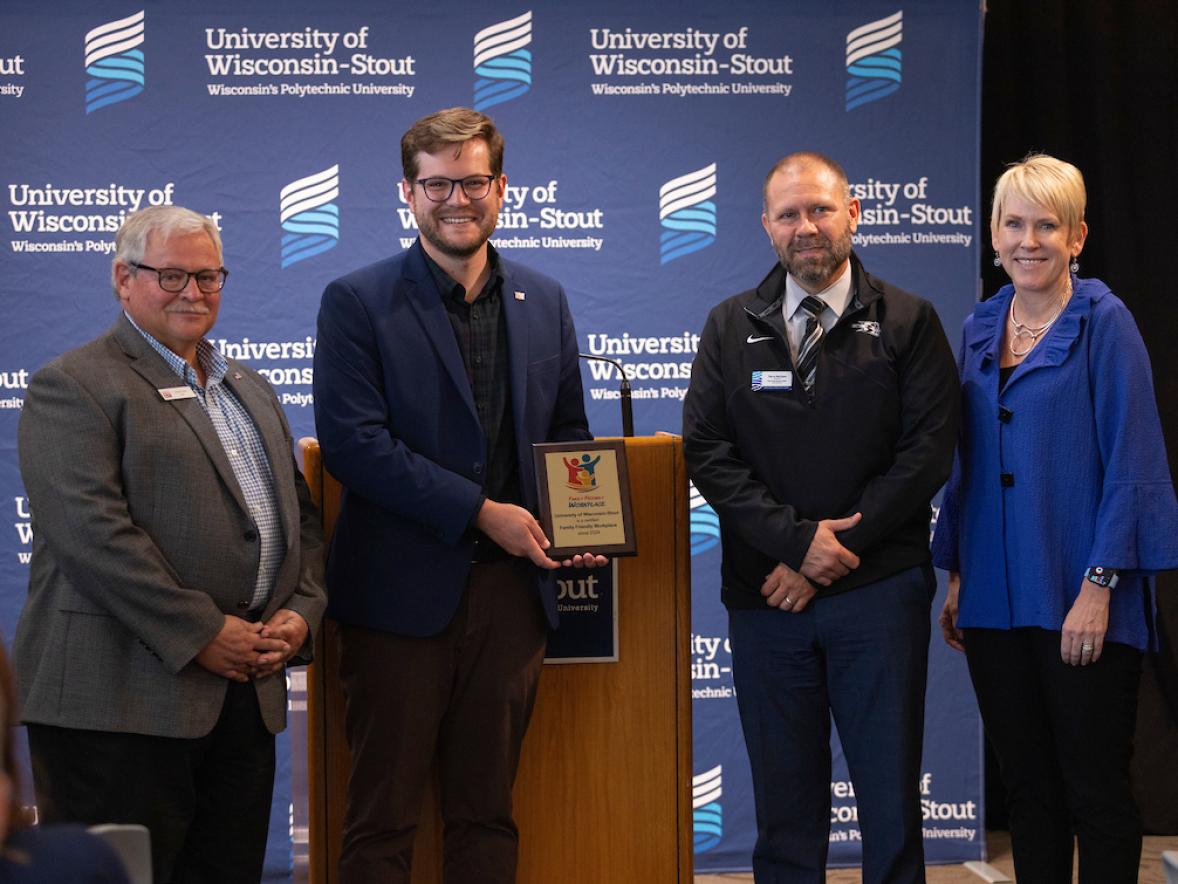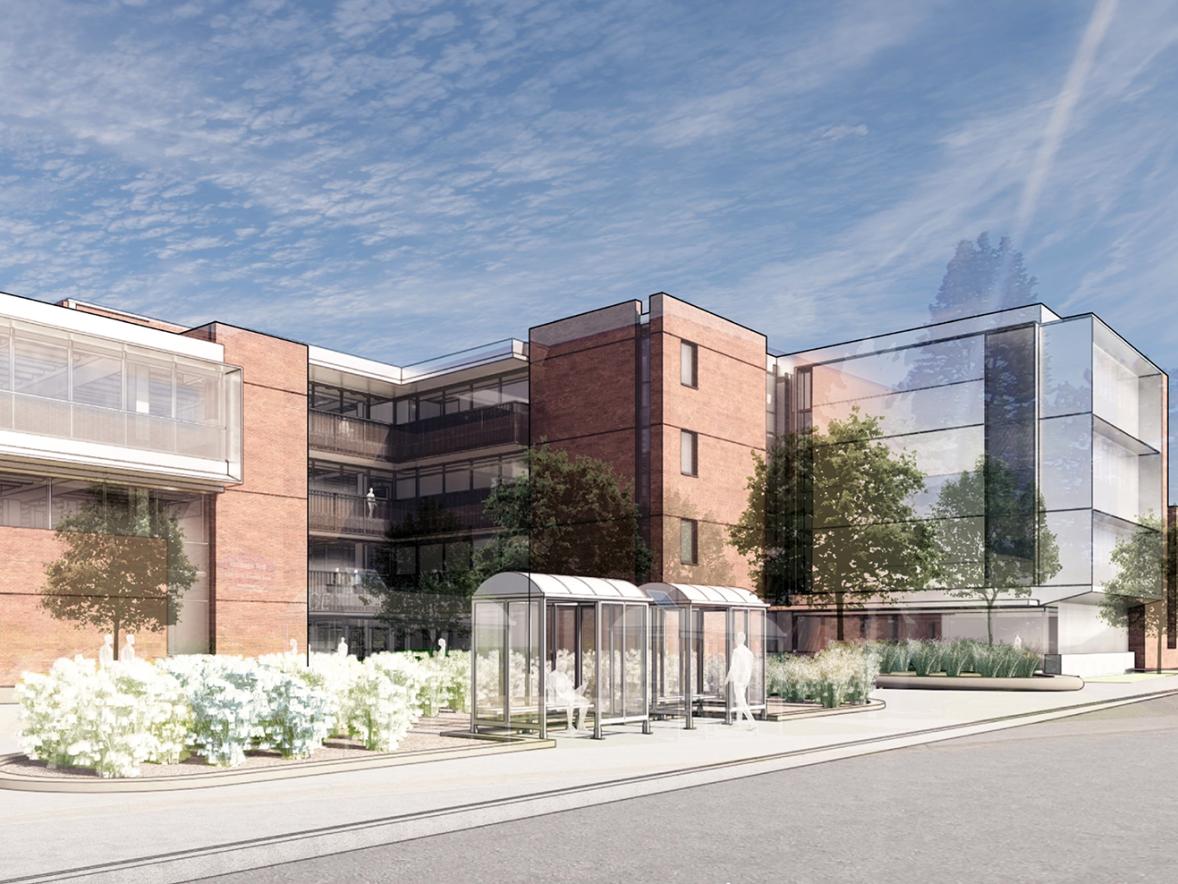With Wisconsin facing a shortage of licensed professional school counselors, the value of graduates from UW-Stout’s Master of Science in school counseling program has never been greater for communities throughout the state.
Over the next five years, Wisconsin is projected to need nearly 1,500 additional school counselors and psychologists, with job growth expected to increase by 11% over the next decade.
The need for licensed professional school counselors is being heightened by increased student social and emotional needs, which rose exponentially during the pandemic. There is also a dramatically disproportionate ratio of counselors available to students across the state.
The ideal caseload recommended by the American School Counselor Association is a ratio of 250-to-1, students to counselor. However, school counselor ratios in Wisconsin were 387-to-1 during the 2020-21 academic year, the most recent year for which data is available. The national average that year was 415-to-1.
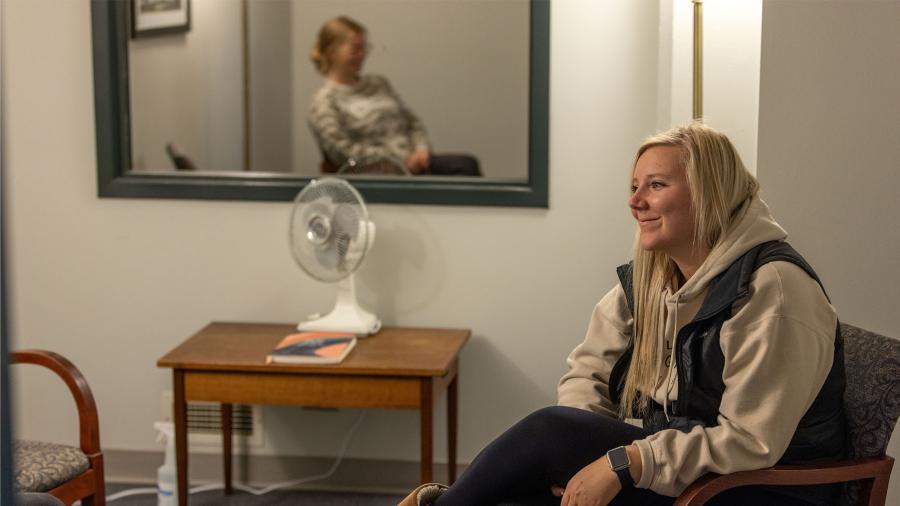
“School counselors are often the first, and sometimes the only, mental health providers students may have,” said Program Director Sharon Hansen. “Our graduates are equipped with the skills necessary to help elementary, middle and high school students succeed.”
As vital members of school leadership teams, school counselors promote equity and access for all students, helping with academic strategies, emotional support, interpersonal skills and postsecondary goals. They offer short-term counseling to students and make referrals for long-term support, while collaborating with families, teachers, administrators and community agencies to help with student success, needs and challenges.
Renovation to support interdisciplinary learning between counselors and educators
UW-Stout’s master’s programs in school counseling; clinical mental health counseling; marriage and family therapy; and school psychology are in the Vocational Rehabilitation Building but are scheduled to relocate to Heritage Hall.
Heritage Hall, a near-50-year-old building, is scheduled for major renovation after receiving priority approval from the UW System Board of Regents. The project is ranked No. 1 in the Chippewa Valley and No. 3 for UW System academic buildings. The project includes the demolition of the 1954 portion of the Vocational Rehabilitation Building, where the four programs are housed.
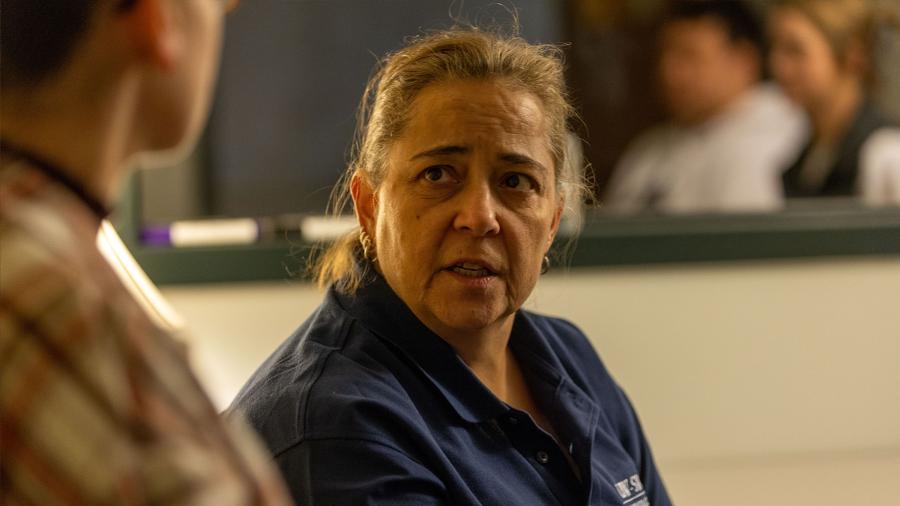
Heritage Hall is also home to the School of Education. Hansen believes that having all of UW-Stout’s mental health professions and School of Education under one roof will allow for more interdisciplinary learning.
“School counselors often have to network with other school-based and community resources, so having the ability to interact with those programs within Heritage Hall will provide for better consultation and collaboration between professions,” she said.
Meeting a critical community need
Maria Alm, dean of the College of Arts and Human Sciences, believes the Heritage Hall renovation will have a significant impact on the programs, labs and centers that will relocate there.
Also anticipating relocation is the Clinical Services Center, which has offered community members affordable counseling services by graduate students since 1974. It serves approximately 1,000 clients a year.
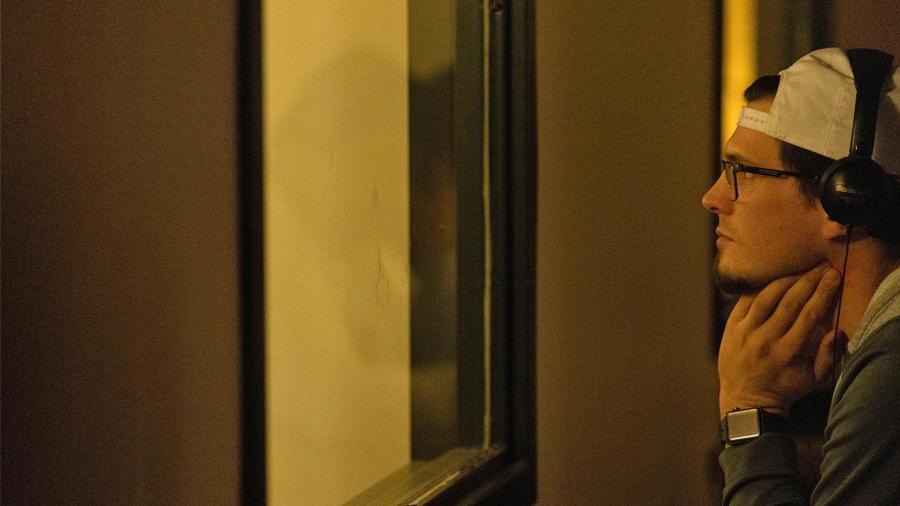
“We are hoping to expand services in the new Clinical Services Center by offering not only play therapy, relational couple and family therapy, and psychological assessments and testing, but also branch into new areas such as nutrition education,” said Associate Professor Candice Maier, director of the center.
The center is currently in a facility that was not originally intended to serve as a counseling center and lacks easy parking access.
“The new location in Heritage Hall will provide a welcoming, clearly marked exterior entrance with convenient parking, professional quality check-in and waiting areas, and state-of-the-art equipment and counseling spaces,” Alm said. “The need for counseling services, and in particular low-cost services, is critical to our community, and we look forward to continuing and enhancing our offerings in the newly designed space.”
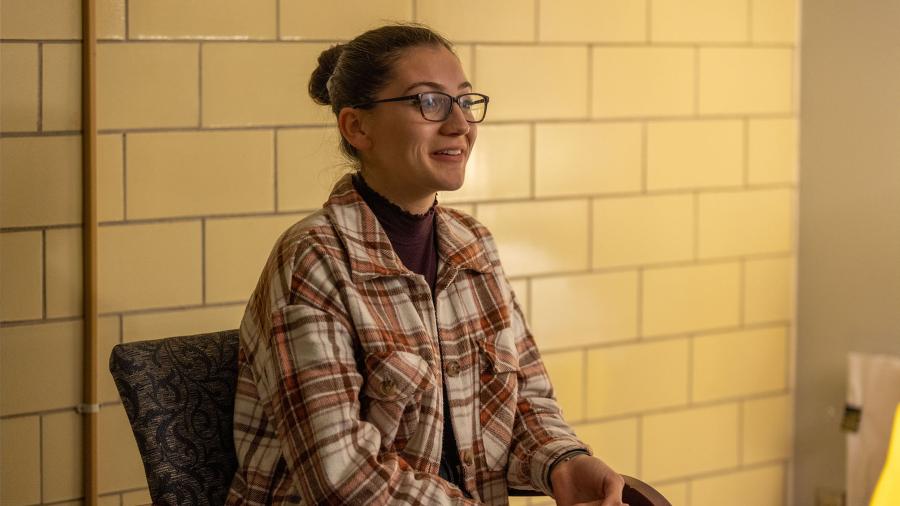
The university’s Disability Services, Stout Vocational Rehabilitation Institute and Counseling Center, which offers free services to students, are also planning to move to Heritage Hall. Disability Services is in the University Library; SVRI in the Vocational Rehabilitation Building; and the Counseling Center in Bowman Hall.
“The intention for moving these centers is to centralize services and make them more accessible for students and the community,” Associate Professor Andy Felton said. “While still respecting privacy and confidentiality, the centers will have a visible presence in Heritage Hall, with a further hope to broach stigmas and raise awareness around different student and community services.
“UW-Stout is giving a lot of attention to mental, emotional and behavioral health. We are ready to show we are working together to help students and the community thrive, making sure individuals seeking any services on campus can get proper, well-rounded support, and students get practical experience to prepare them for their careers,” Felton said.





